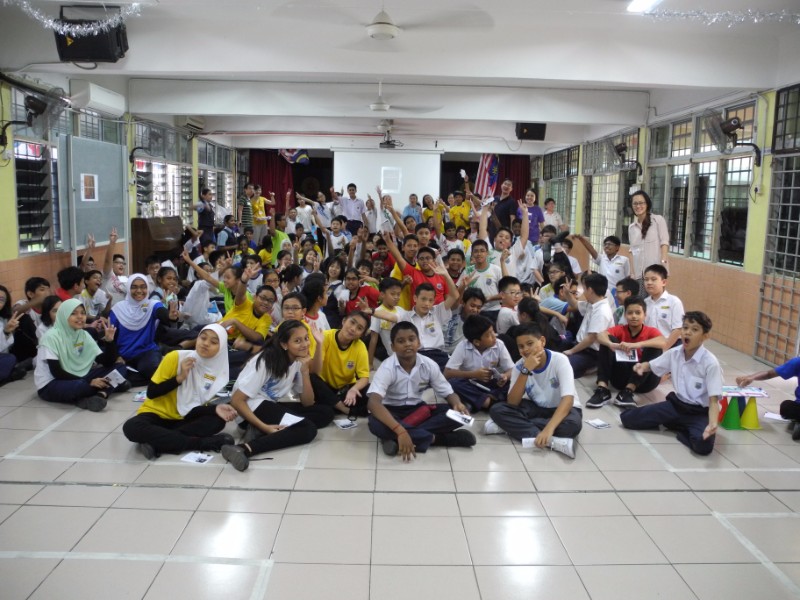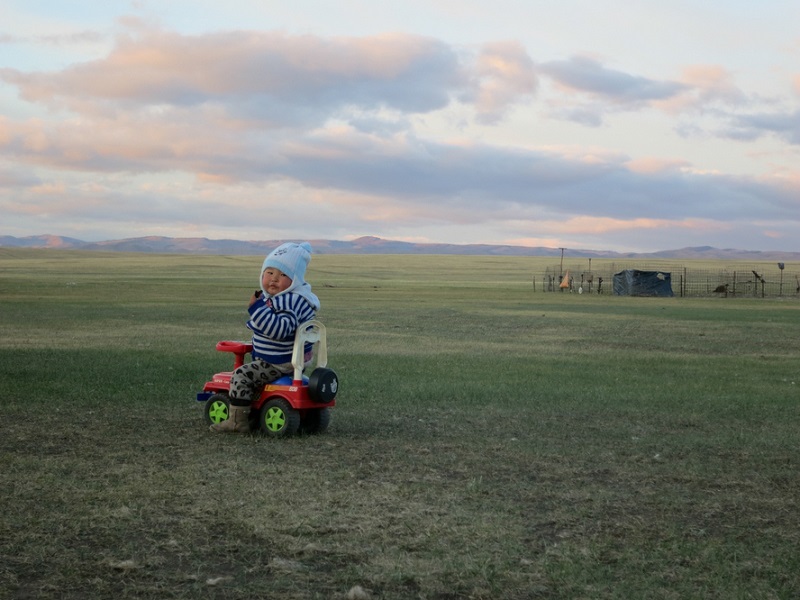
ActonKL Founding Story : Part 1 – Inspiration from Children
What were the origins of Acton Academy Kuala Lumpur (ActonKL)? Here’s a short answer: “Curiosity, experiments, and the inspiration from resourceful children around the world, and a lot of luck…”
OK, here’s the longer version. As promised a few weeks ago, I am going to tell you this story over a few blog posts. Here’s part 1!
Back in 2012-2013, I traveled around the world. What I found most surprising, was how children could learn and overcome challenges by themselves.
Here are a few examples from the African continent:
A 11-year-old Abdul from Gedaref, Sudan
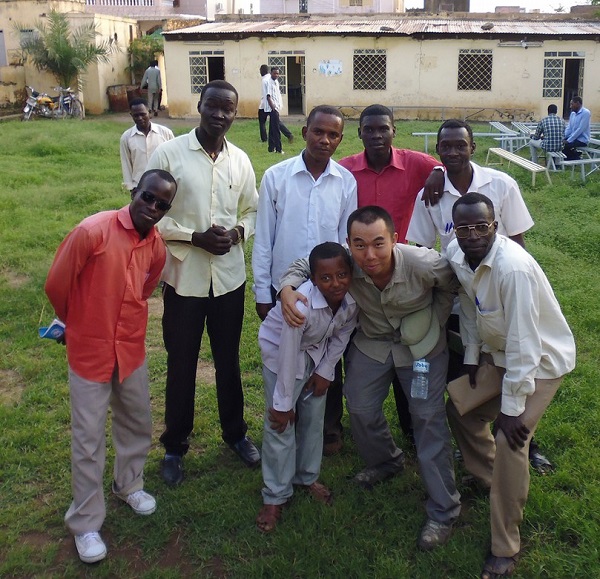
Abdul is the cute kid left of me. Obviously, I’m the fairer Asian guy.
An English center located in an odd church compound. Sudan is a Muslim country (with 97% of the population Islam). The participants were taught English, with various social activities to improve their language and communication skills. It had a nice, relaxed vibe, with a good number of adults participating.
Oddly, there was a child among the adults. Abdul was 11-years-old and he spoke good English, far better than many of his adult “classmates”. I asked what drove him here, and why his friends didn’t join him to practice their English.
“Oh, it’s fun here. These guys are nice! And I learn English!”
“I asked my friends many times, but they were scared, or want to do other things. Y’know, like watch TV.”
It’s been more than a year he stood out. An odd match in and odd place? Or courage to be different?
A 10-year-old Bus Conductor in Ethiopia’s Highlands
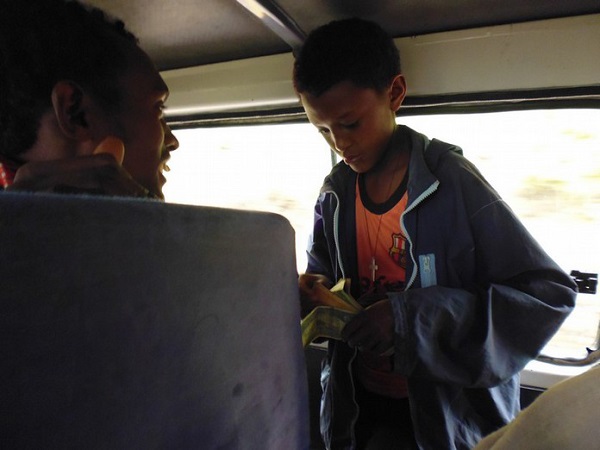
Ethiopia is one country that I’ve visited with the most amount of child tricksters. The story is that there had been an influx of foreign aid and tourist sympathy during the last two decades, and an ingenious culture of experimentation!
Fortunately, there were some kids who were truly doers. One of the minivan conductors was just a 10-year-old kid, who seemed capable of handling the high-pressure job as proficiently as his adult counterpart. The added advantage was that he was small, much more nimble and occupied less space than his competitor.
The odd thing was that he couldn’t do any maths. Not in the way you would assess in school. I quizzed him with the help of locals: “12 + 13 = ?”. It was met with pauses and guesses.
Yet, he could compute the bus fare for few persons to the next destination, as well as the change needed. The secret: he needed cash in his hand to do the calculation. He skillfully stacked pieces of 1, 5, 10 and 50 Ethiopian birrs, and conducted every transaction with ease.
Yes, he could certainly do maths, but in a different mental model than most of us! And it was entirely self taught.
A Young Boy Band of Malawi’s Monkey Bay
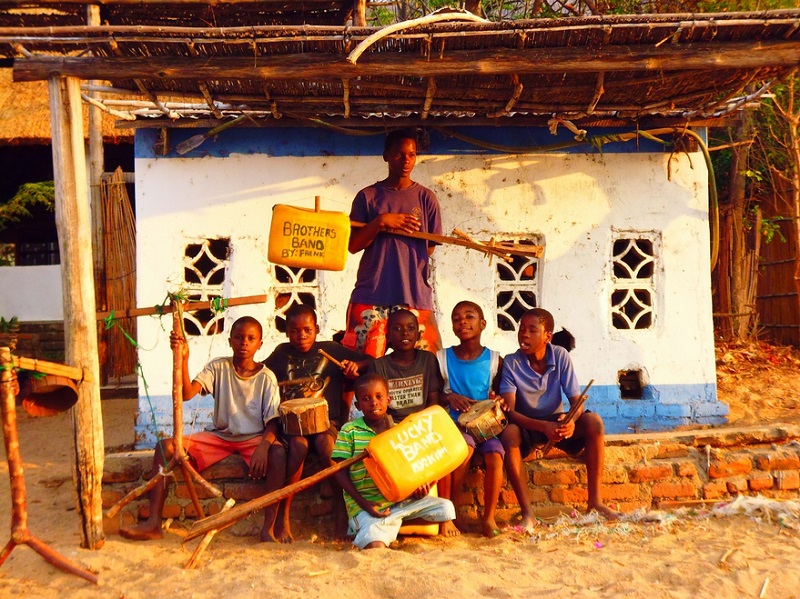
This group of boys called themselves “Brothers Bands” or “Lucky Band”. They are a bunch of 8-14 years old performing in Monkey Bay, Malawi. They perform to tourists to earn a living. Their instruments—recycled items. Their teacher—YouTube. Their negotiation skills—killer smiles and bounds of optimism.
One might argue: there is Malala too. But seeing rough diamonds is different from a polished diamond in an exhibition :P.
My conclusion at Dec 2013 is the potential of the Internet and Education. The Internet is a double-edged sword. It’s the world’s greatest resource. But also the most potent distraction!
As I wrote this book and moved to Singapore for a second career in banking, I was not sure if I could act on this conclusion. So, life was back to normal. The normal as our traditional education and society program us to be!
But I stayed curious. The sparks and stories of the many children I’ve met in my travel still inspired me.
In Dec 2014, this question intrigued me:
Can students teach each other, instead of having teachers?
I remembered those resourceful children that I’ve met, and learned more online too. Sugata Mitra started 20 years ago with his hole-in-the-wall experiment. The results had been shocking.
I wanted to explore this question first hand—by experimenting with children! And the Call to Adventure began.

